Home>Home Maintenance>How Much Do Home Repairs Cost
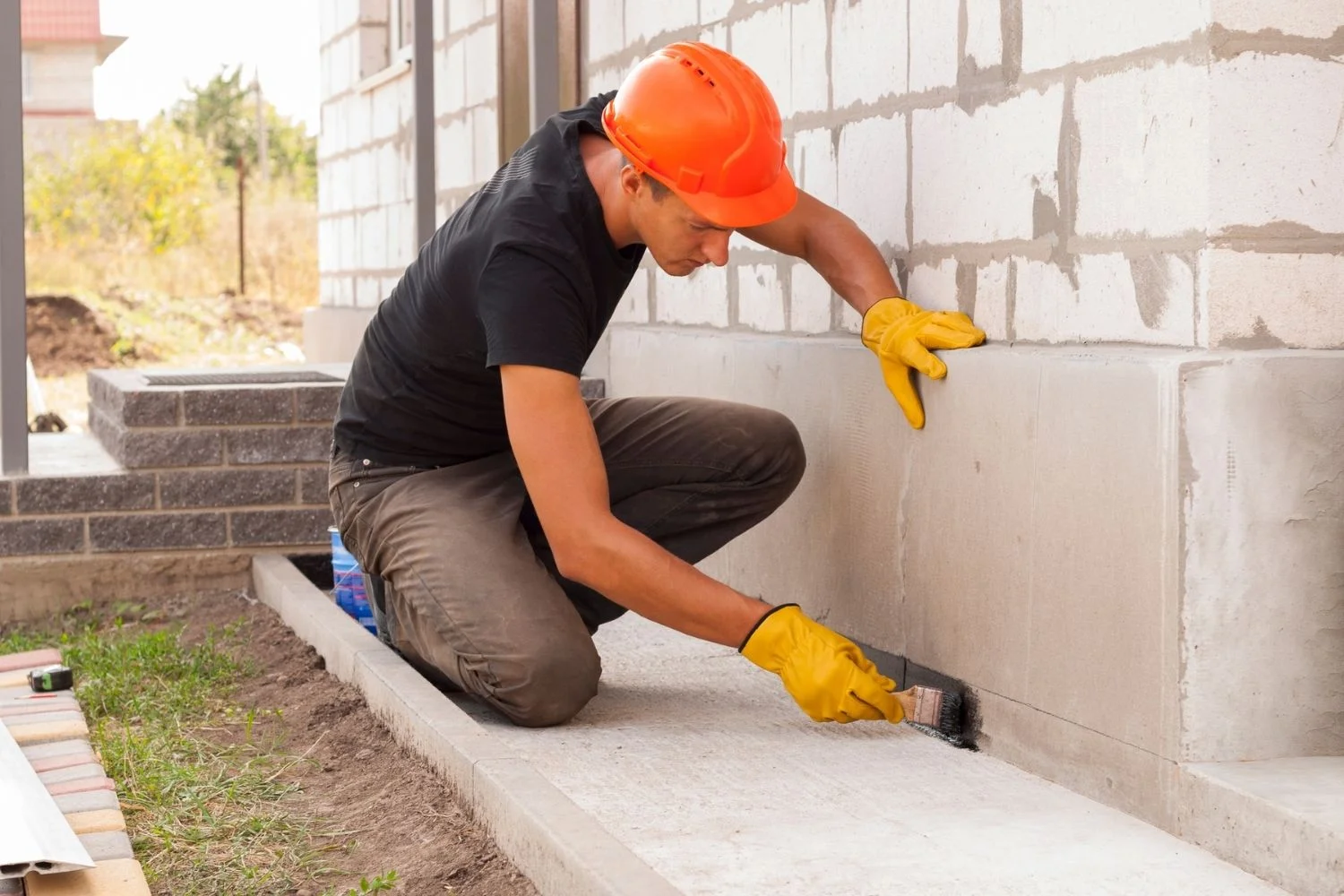

Home Maintenance
How Much Do Home Repairs Cost
Modified: March 21, 2024
Discover the average cost of home repairs in this comprehensive guide. Learn how to budget for essential home maintenance projects to keep your property in top condition.
(Many of the links in this article redirect to a specific reviewed product. Your purchase of these products through affiliate links helps to generate commission for Storables.com, at no extra cost. Learn more)
Introduction
Welcome to the world of home maintenance, where tackling repairs and improvements is a constant endeavor for homeowners. Whether it’s a leaky faucet, a cracked tile, or a faulty electrical outlet, home repairs are an unavoidable part of homeownership. But have you ever wondered: how much do these repairs actually cost?
In this article, we will delve into the world of home repairs and explore the factors that can influence their cost. From understanding the average costs of common repairs to tips on saving money, we aim to provide you with valuable insights that will help you navigate this often overlooked aspect of homeownership.
Home repairs can vary greatly in terms of complexity, scope, and cost. While some may be minor and relatively inexpensive, others can require the expertise of professionals and come with a hefty price tag. By understanding the factors that affect the cost of home repairs, you’ll be better equipped to plan and budget for these inevitable expenses.
Key Takeaways:
- Home repairs can vary greatly in cost due to factors like extent of damage, materials, labor, and permits. It’s important to budget and plan for these inevitable expenses as a homeowner.
- Regular home maintenance is crucial for saving money in the long run, preserving property value, enhancing energy efficiency, ensuring safety, and prolonging the lifespan of home components. It’s an investment in your home’s well-being.
Read more: How Much Do Wired Security Systems Cost
Factors Affecting the Cost of Home Repairs
When it comes to estimating the cost of home repairs, several factors come into play. These factors can influence the final price tag and vary from project to project. Let’s take a closer look at some of the key factors that can affect the cost of home repairs:
- Extent of Damage: The severity and extent of the damage will have a significant impact on the cost of repairs. A minor crack in a wall may require a small patch, while a major structural issue might necessitate extensive repairs or even a full replacement.
- Maintenance and Age of the Home: Regular maintenance can help prevent major repairs and keep costs down. Older homes, on the other hand, may require more extensive repairs and updates due to wear and tear over the years.
- Materials and Labor Costs: The cost of materials, such as lumber, pipes, or tiles, can vary based on quality and availability. Labor costs, including hiring professionals or contractors, will also impact the overall cost.
- Permits and Codes: Depending on the nature of the repair, you may need to obtain permits or meet specific building codes. These requirements can add additional costs to the project.
- Accessibility: Accessibility to the repair area can also affect costs. If the repair requires extensive demolition or accessing hard-to-reach areas, it may increase labor costs and time required for the project.
- Emergency Repairs: In some cases, a home repair may be deemed an emergency, requiring immediate attention. Emergency repairs often come with higher costs due to expedited service and increased demand for professionals.
It’s crucial to keep these factors in mind when estimating the cost of home repairs. While some factors may be out of your control, being aware of them can help you plan and budget accordingly.
Average Cost of Common Home Repairs
Home repairs can range from minor fixes to major renovations, and the cost can vary greatly depending on the specific project. To give you an idea of the average costs, let’s explore some common home repairs:
- Plumbing Repairs: Plumbing issues such as a leaky faucet or a clogged drain are common in every home. Minor repairs like fixing a leak may cost around $100 to $200, while a more extensive project like re-piping an entire house can range from $2,000 to $15,000.
- Electrical Repairs: Electrical repairs should always be handled by a licensed professional. The cost of electrical repairs can vary depending on the complexity of the issue. Simple tasks like replacing a light switch may cost around $75 to $150, while rewiring a home can range from $3,000 to $20,000.
- Roof Repairs: Roof repairs are essential for maintaining the integrity of your home. Repairing a small section of a roof may cost between $200 and $500, while a complete roof replacement can range from $5,000 to $10,000 or more, depending on the size and materials used.
- Painting: Painting is a great way to refresh the look of your home. The cost of painting a room can vary depending on the size and complexity of the project. On average, painting a single room can cost between $200 and $500, while painting the exterior of a house can range from $2,000 to $5,000 or more.
- Flooring Repairs: From fixing a squeaky floorboard to replacing damaged tiles, flooring repairs can range in cost. Minor repairs like fixing a small section of hardwood flooring may cost around $200 to $500, while replacing an entire floor can range from $1,500 to $5,000 or more, depending on the material used.
These are just a few examples of common home repairs and their estimated costs. Remember that these figures are just averages and can vary based on factors such as location, materials used, and the specific nature of the repair. It’s always a good idea to get multiple quotes from reputable professionals before starting any repair project.
Factors to Consider When Budgeting for Home Repairs
Home repairs are an inevitable part of homeownership, and it’s important to plan and budget for them accordingly. To ensure you’re financially prepared, consider the following factors when setting aside funds for home repairs:
- Emergency Fund: Set aside an emergency fund specifically for unexpected home repairs. Aim to have at least 3-6 months’ worth of living expenses saved up to cover any unforeseen repair costs.
- Home Inspection: Before purchasing a home, consider getting a thorough inspection. This will help identify any existing or potential issues that may require repair, allowing you to factor them into your budget.
- Maintenance Costs: Regular maintenance can help prevent major repairs down the line. Allocate a portion of your budget to ongoing maintenance tasks such as cleaning gutters, servicing HVAC systems, and sealing cracks to keep your home in good condition.
- Prioritize Repairs: Not all repairs need to be addressed immediately. Prioritize the repairs based on urgency and potential impact on safety or property value. This will help you allocate funds more efficiently.
- Get Multiple Quotes: When hiring professionals for repairs, always get multiple quotes to ensure competitive pricing. Don’t settle for the first quote you receive; compare prices and choose the most reasonable option without compromising quality.
- Consider DIY: Depending on your skill level and the complexity of the repair, consider tackling some projects on your own. DIY repairs can help save money on labor costs, but be realistic about your abilities and always prioritize safety.
- Research Grants and Rebates: In some cases, there may be grants or rebates available for specific home repairs or energy-efficient upgrades. Research local programs to see if you qualify for any financial assistance.
By considering these factors when budgeting for home repairs, you can ensure that you have the funds necessary to address any unforeseen issues that may arise. Remember, proactive planning and budgeting can save you from financial stress and help you maintain the value and functionality of your home.
Get multiple quotes from different contractors before starting a home repair project. This will give you a better idea of the average cost and help you find the best deal.
Tips for Saving Money on Home Repairs
Home repairs can sometimes be costly, but there are several strategies you can employ to save money without compromising on quality. Here are some tips to help you reduce the financial burden of home repairs:
- Do Your Research: Before hiring a professional, research different service providers and compare prices. Look for reviews and testimonials to ensure they have a good reputation. Remember, the cheapest option may not always be the best quality.
- Get Multiple Quotes: Don’t settle for the first quote you receive. Reach out to different contractors or service providers and request multiple quotes. This will help you identify any discrepancies in pricing and make an informed decision.
- Consider DIY: If you have the skills and knowledge, consider tackling smaller repair projects yourself. This can save you money on labor costs. However, be cautious and know your limitations. Some repairs may require professional expertise.
- Reuse and Recycle Materials: Instead of buying brand new materials for every repair, consider reusing or recycling materials from other projects or salvage yards. This can help lower costs while still achieving the desired results.
- Plan for Off-Season Purchases: Timing is everything when it comes to saving money. Plan your repairs for the off-season, when contractors may offer discounted rates due to lower demand. This can significantly reduce costs.
- Consider Refurbished or Secondhand Items: For certain repair projects, consider purchasing refurbished or secondhand items. Things like appliances, fixtures, and furniture can often be found at a fraction of the cost when purchased secondhand.
- Invest in Preventive Maintenance: Regular maintenance can help prevent costly repairs in the long run. Schedule routine inspections and address minor issues promptly to avoid them becoming major problems. Prevention is often more cost-effective than extensive repairs.
- Check for Manufacturer Warranties: If you’re dealing with a product that needs repair, check if it is still under warranty. Manufacturer warranties can save you from paying out-of-pocket for repairs or replacements.
Remember, saving money on home repairs doesn’t mean cutting corners. It’s about being smart, resourceful, and proactive. By implementing these tips, you can successfully reduce the financial burden of home repairs without compromising on the quality and integrity of your home.
Read more: How Much Does Chimney Inspection Cost
Importance of Regular Home Maintenance
Regular home maintenance plays a crucial role in preserving the value, functionality, and safety of your home. Neglecting maintenance tasks can lead to costly repairs, decreased property value, and potential safety hazards. Here are some reasons why regular home maintenance is so important:
- Save Money in the Long Run: Performing regular maintenance tasks can help identify and address minor issues before they escalate into major and costly repairs. For example, fixing a small leak promptly can prevent water damage and the need for extensive repairs in the future.
- Preserve Property Value: Regular maintenance ensures that your home remains in good condition, both aesthetically and structurally. This helps preserve its value and appeal in the real estate market. A well-maintained home is more likely to attract potential buyers and command a higher selling price.
- Enhance Energy Efficiency: Regular maintenance of HVAC systems, insulation, and windows can improve energy efficiency in your home. This not only reduces your monthly utility bills but also contributes to a more sustainable and environmentally friendly living environment.
- Ensure Safety: Maintaining the safety of your home and its occupants is paramount. Regular maintenance helps identify and address potential hazards such as faulty wiring, leaks, or structural issues. Preventing accidents and ensuring the safety of your family should be a top priority.
- Prolong Lifespan of Home Components: Regular maintenance extends the lifespan of various components of your home, including roofing, plumbing, electrical systems, and appliances. By properly maintaining these components, you can maximize their lifespan and avoid premature replacement costs.
- Peace of Mind: Knowing that your home is well-maintained provides peace of mind. It eliminates the stress and worry that can come with unexpected repairs and ensures that your home remains a comfortable and safe haven for you and your family.
Regular home maintenance should be seen as an investment rather than an expense. By dedicating time and resources to regular upkeep, you are protecting your home, your finances, and your well-being.
Remember, prevention is always better than cure when it comes to home maintenance. Create a maintenance schedule, prioritize tasks, and stay proactive in keeping your home in top shape. If you’re unsure about certain tasks, consult professionals or hire a reputable maintenance service to assist you.
Conclusion
Home repairs are an inevitable part of homeownership, and understanding the factors that influence their cost is essential for effective budgeting. By considering the extent of the damage, home maintenance, materials and labor costs, permits and codes, accessibility, and the urgency of the repair, you can better estimate the expenses involved.
Knowing the average costs of common home repairs, such as plumbing, electrical, roof, painting, and flooring repairs, can also help you plan your budget more accurately. Remember, these costs can vary depending on various factors, so it’s always wise to obtain multiple quotes and compare prices before starting any repair project.
When budgeting for home repairs, consider factors such as creating an emergency fund, conducting a home inspection, allocating funds for maintenance costs, prioritizing repairs, obtaining multiple quotes, and considering DIY options when appropriate. These strategies will help you save money and ensure you’re financially prepared for unexpected repairs.
Regular home maintenance is crucial for preserving the value, functionality, and safety of your home. By investing in preventive maintenance, you can save money in the long run, preserve property value, enhance energy efficiency, ensure safety, and prolong the lifespan of your home’s components. It also provides you with peace of mind, knowing that you’re taking proactive steps to protect your investment.
In conclusion, by understanding the factors affecting the cost of home repairs, budgeting effectively, and prioritizing regular home maintenance, you can navigate the world of home repairs with confidence and ease. Take the time to stay on top of maintenance tasks, address issues promptly, and seek professional help when needed. With proper care and attention, your home will continue to provide comfort, safety, and value for years to come.
Frequently Asked Questions about How Much Do Home Repairs Cost
Was this page helpful?
At Storables.com, we guarantee accurate and reliable information. Our content, validated by Expert Board Contributors, is crafted following stringent Editorial Policies. We're committed to providing you with well-researched, expert-backed insights for all your informational needs.
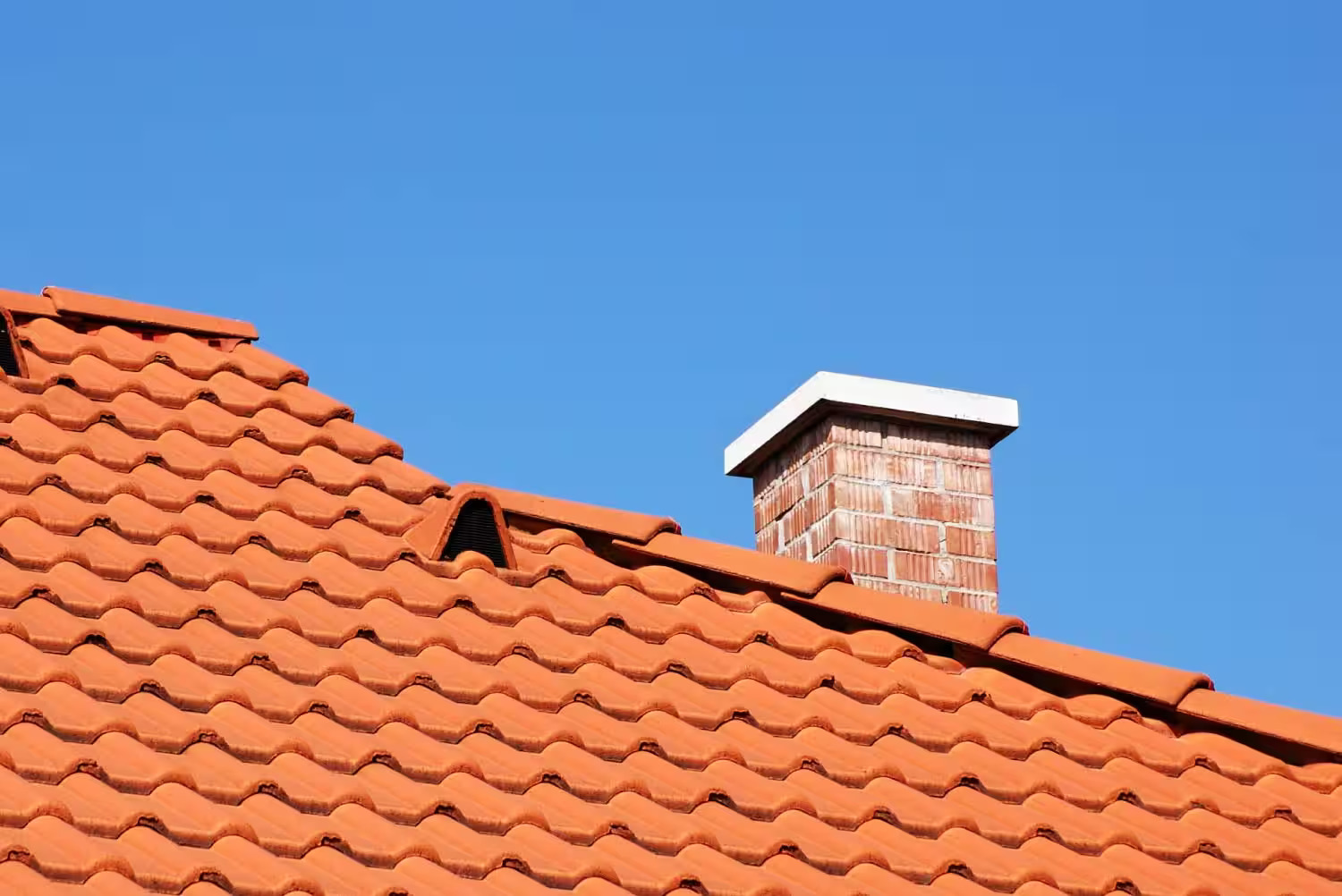

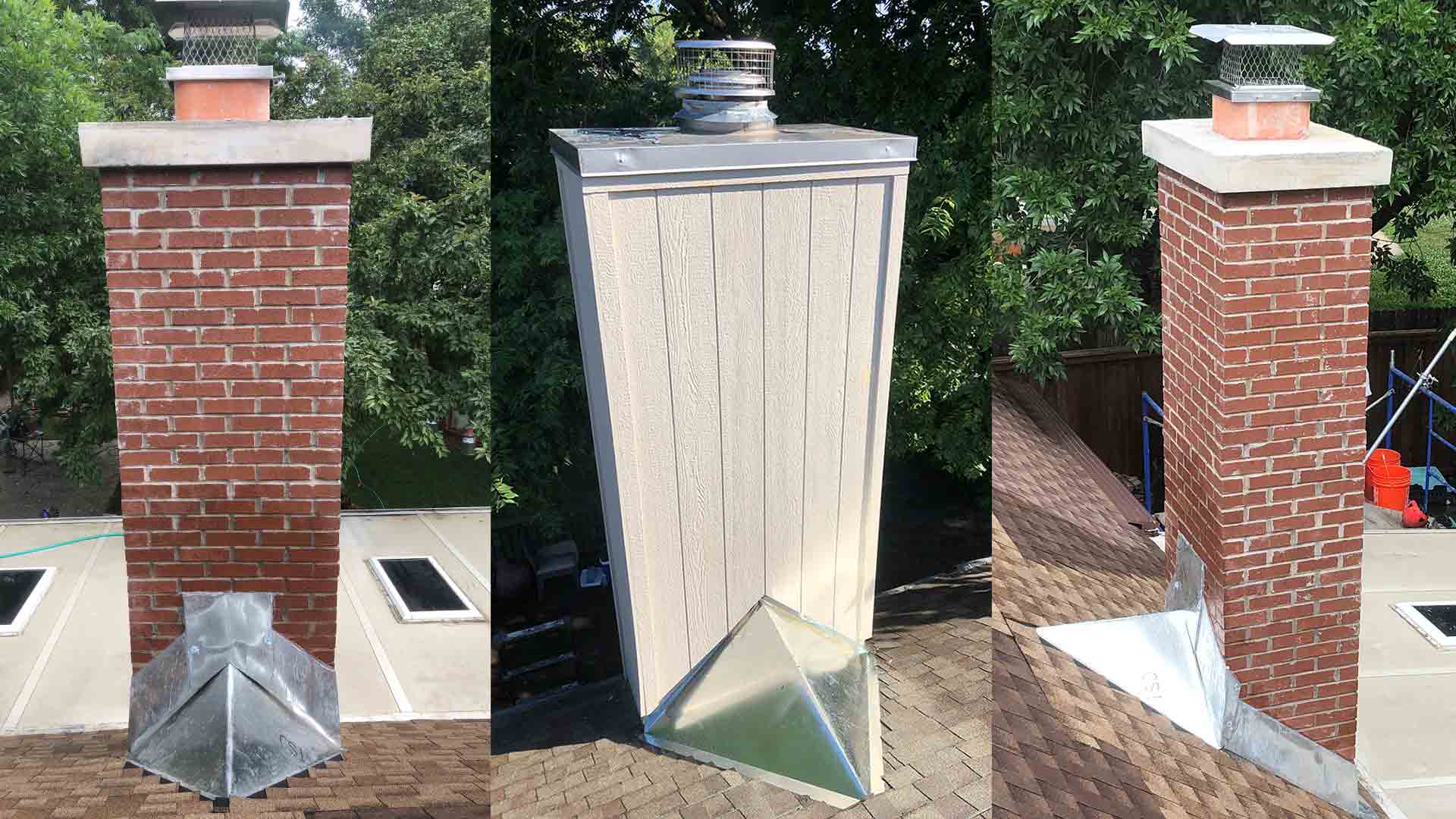



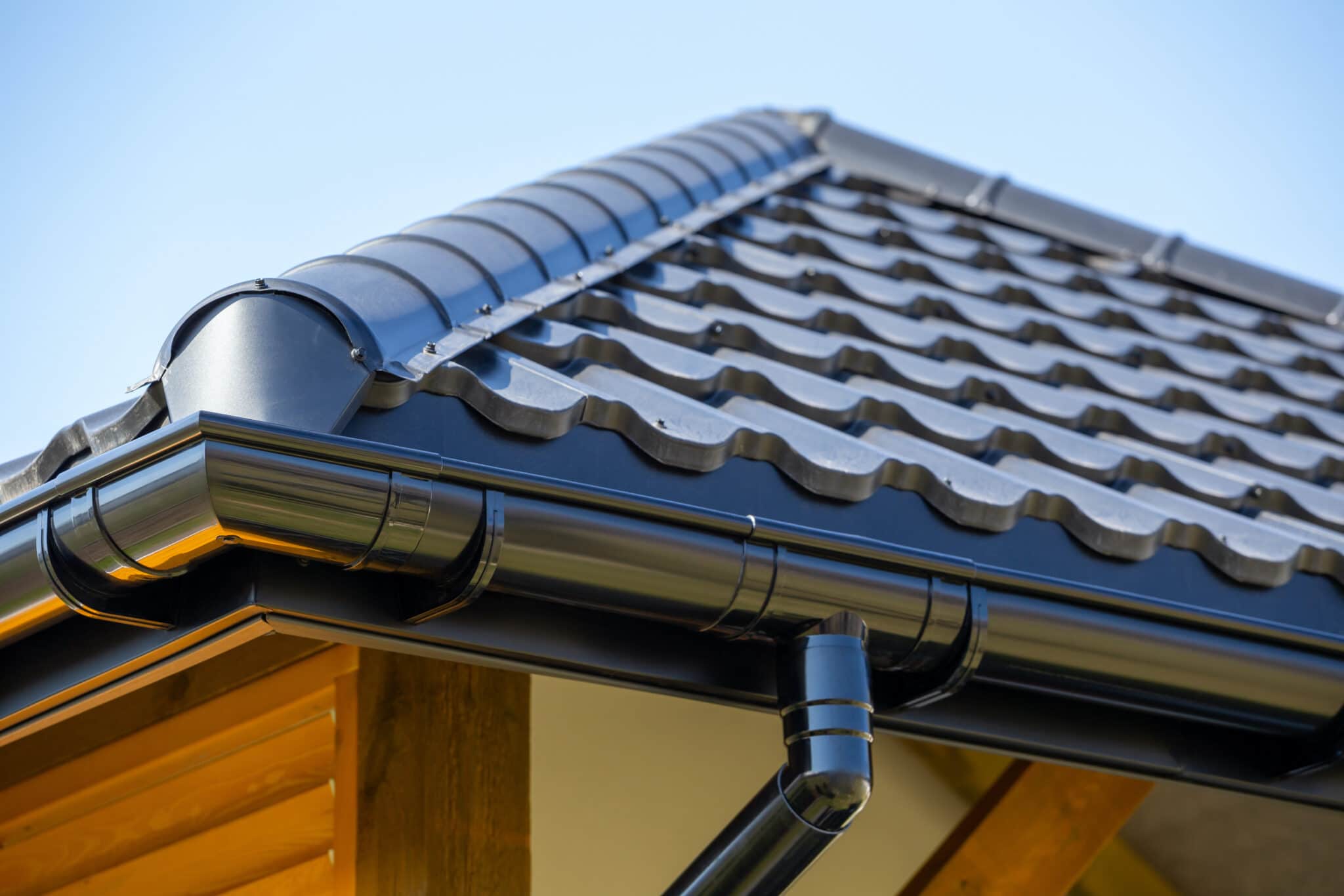
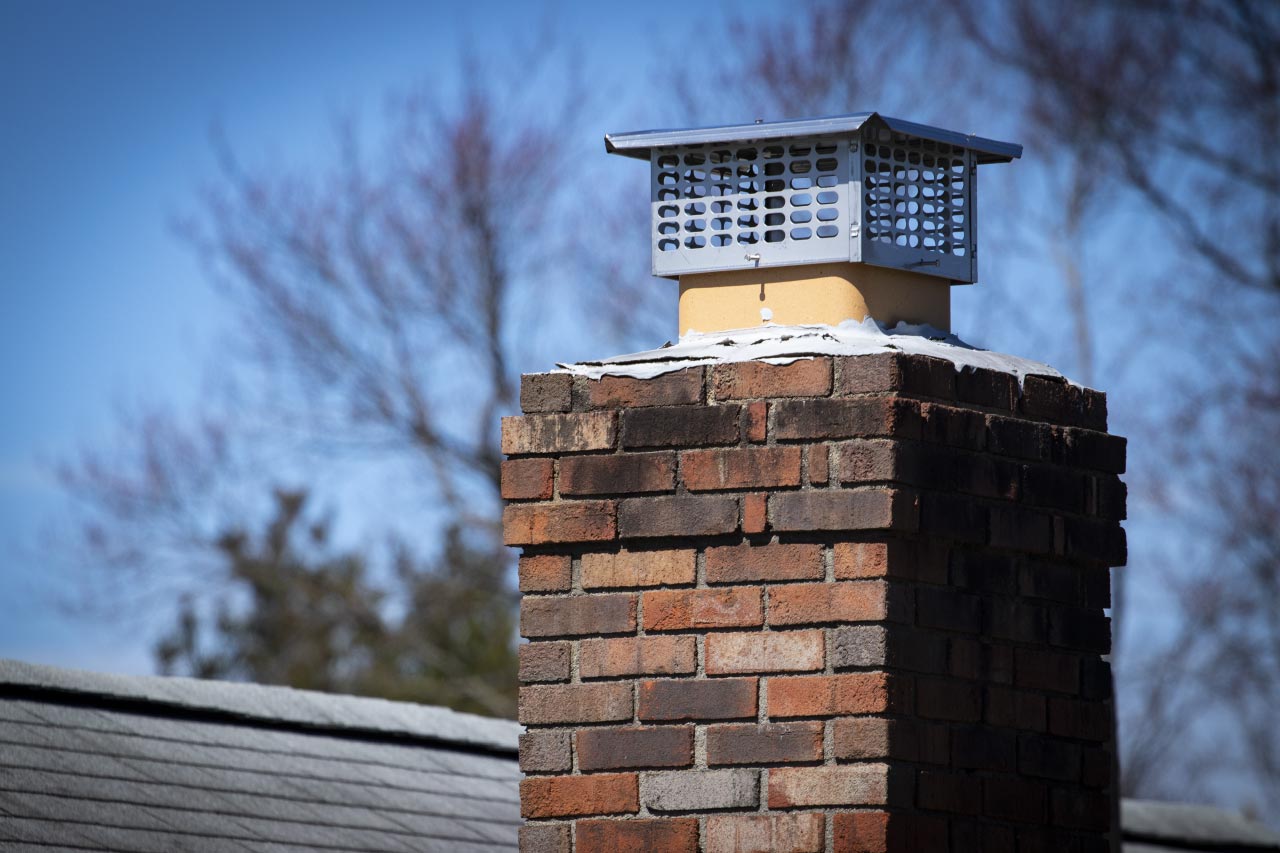


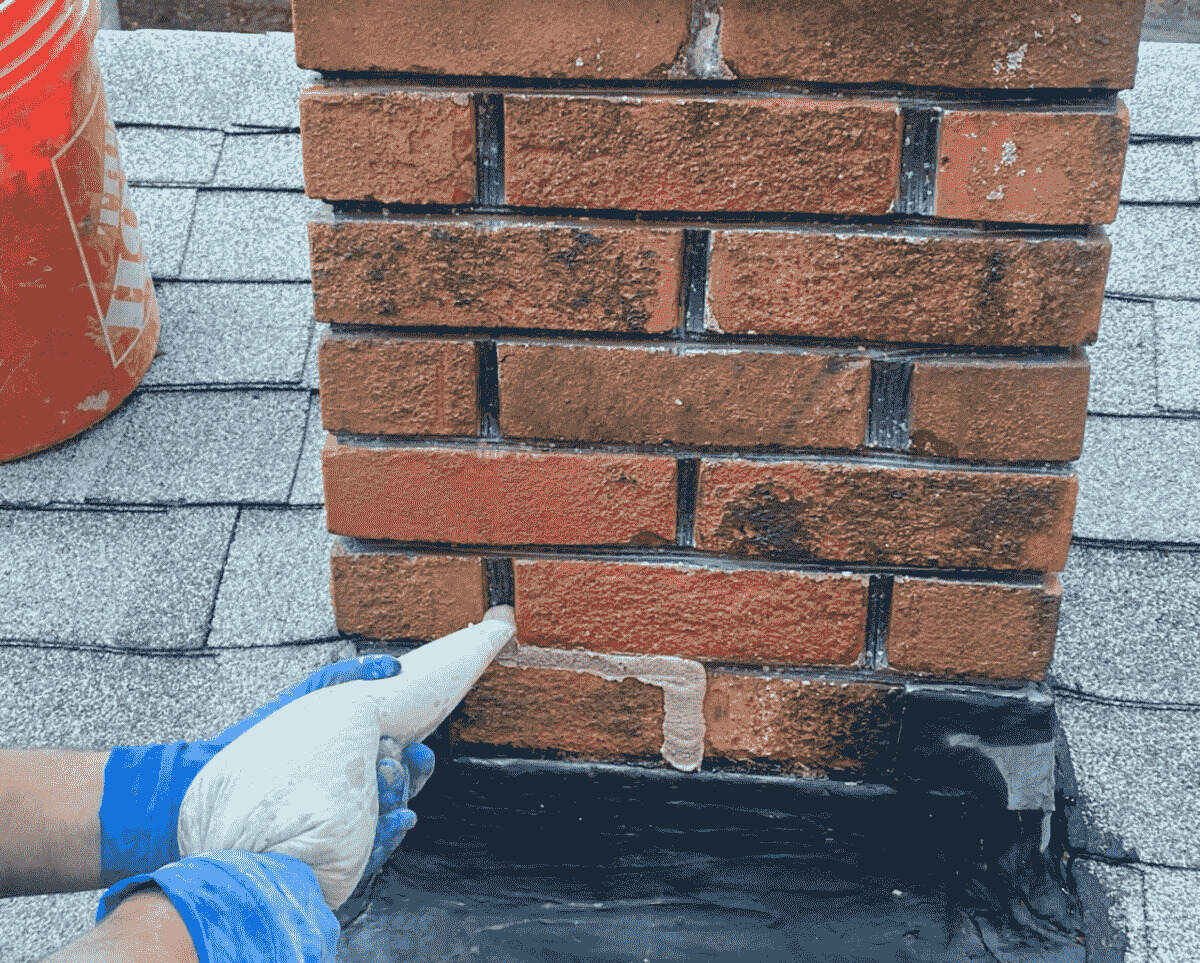

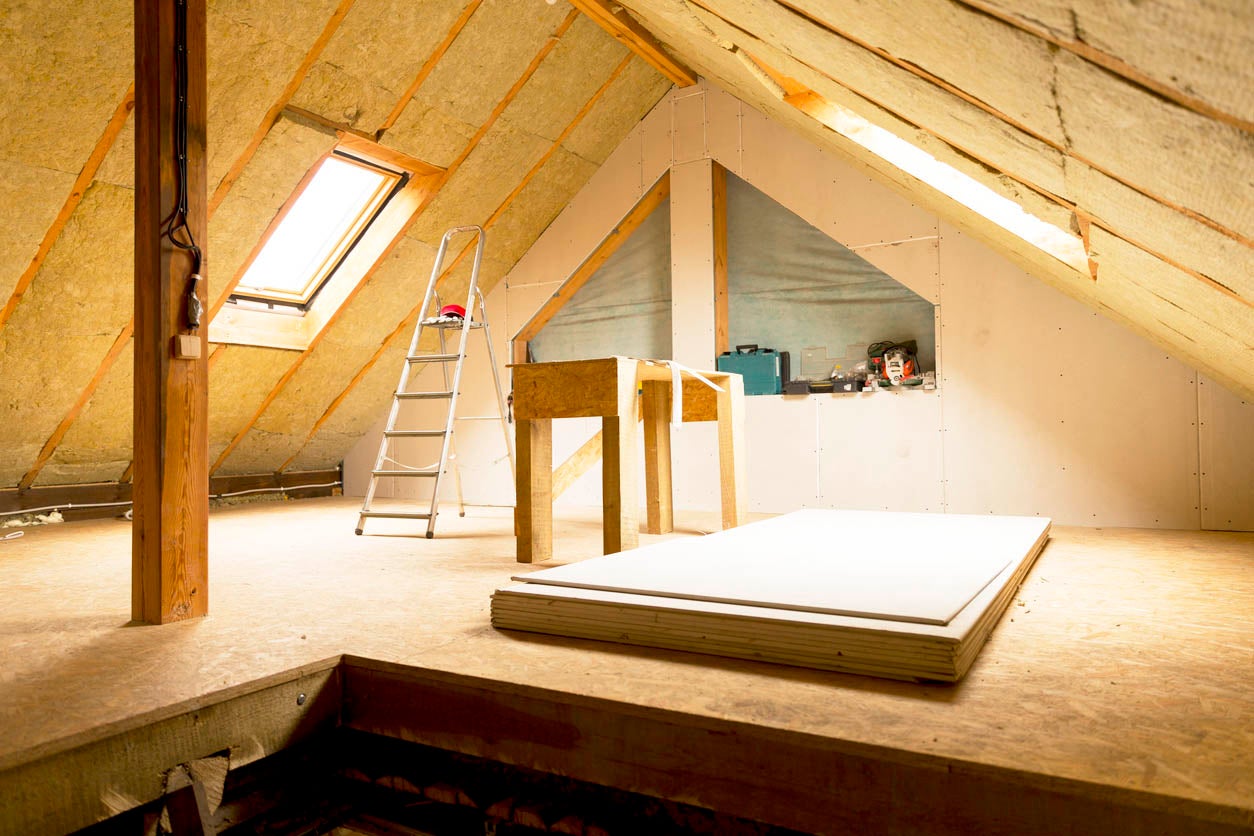
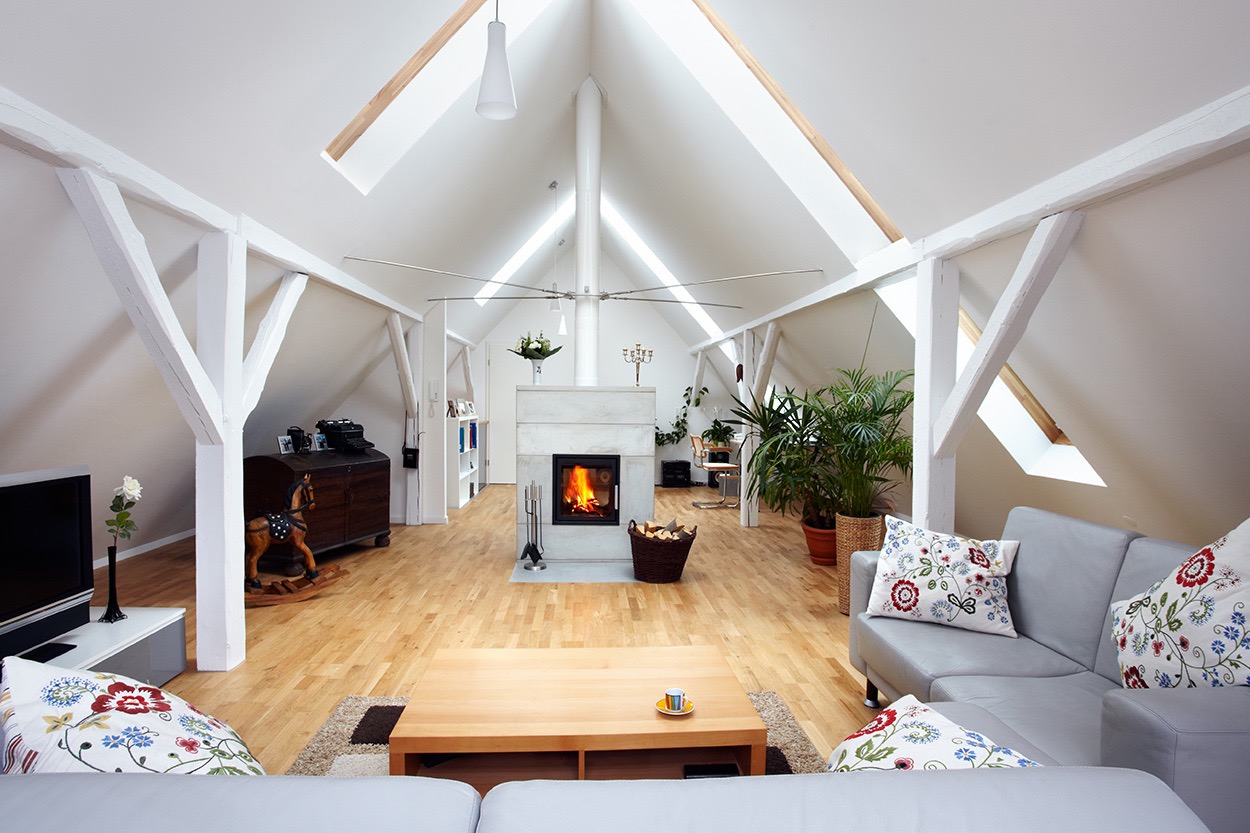

0 thoughts on “How Much Do Home Repairs Cost”